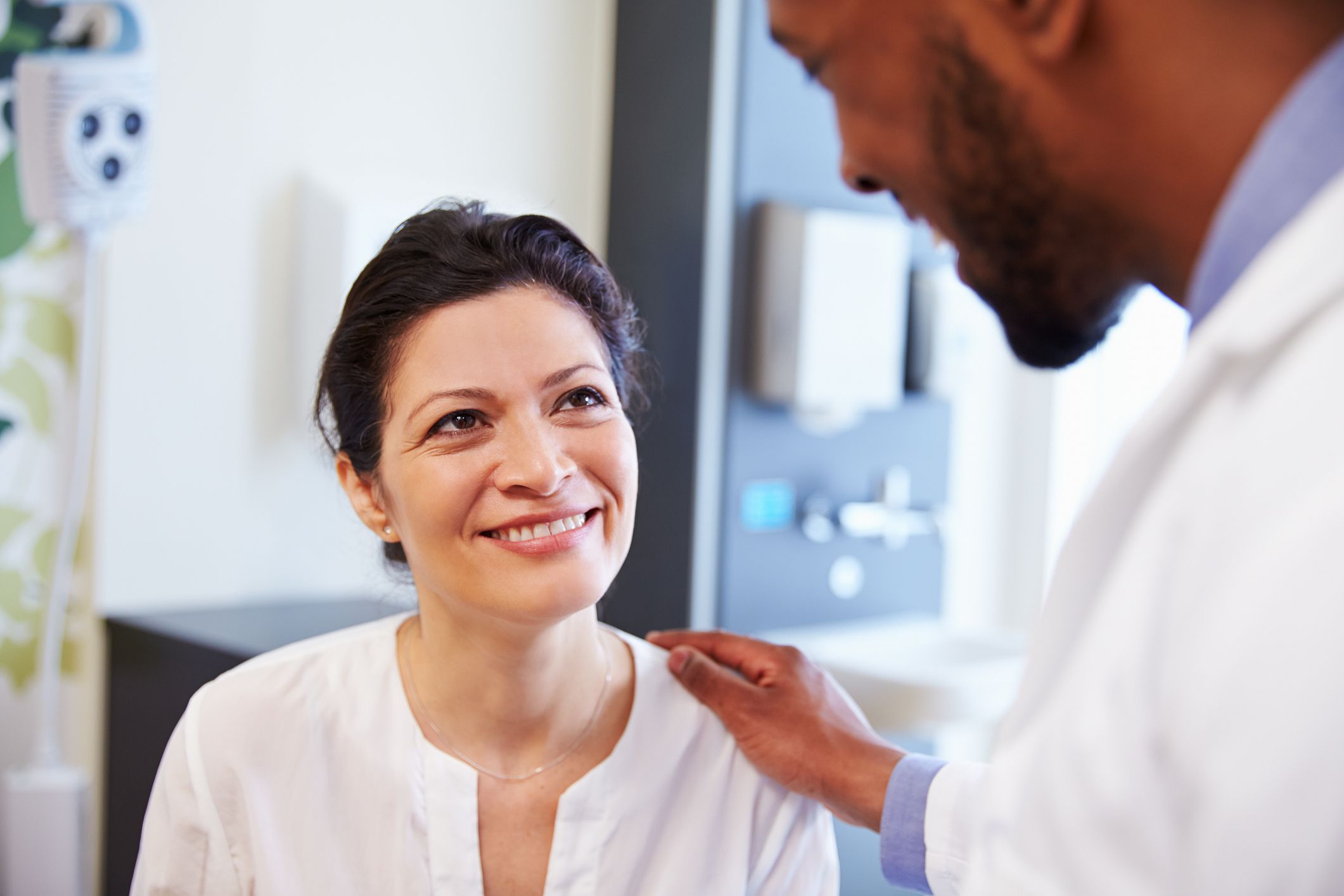
 February 28, 2023
February 28, 2023 Why the Future of Diagnostic Testing is Patient-Centric
Why the Future of Diagnostic Testing is Patient-Centric
Learn how the decentralization of healthcare delivery solutions can be managed efficiently to break down barriers to care, providing favorable patient experiences.
The global pandemic ushered in a new era of healthcare delivery. With point-of-care (POC) tests offering quick turnaround times for diagnostic test results and self-collection setting a new standard for remote care, there has been mounting support to maintain a more decentralized approach to diagnostics that brings solutions closer to the patient.
What is Decentralization of Healthcare Delivery?
Decentralizing healthcare delivery shifts the burden of care away from hospital systems toward non-traditional settings that are closer to patients. In addition, decentralizing care delivery gives patients more autonomy when seeking care, allowing them to choose when and where they receive it.
Decentralized Diagnostics has the Potential to Break Down Barriers to Care
Seeking care in a traditional, centralized system can be cumbersome for patient populations who face common barriers to care, such as transportation, geographic location, cost, and stigma.
As care shifts to a more decentralized model, we’re better able to break through those barriers and reach more people through two delivery mechanisms: point-of-care testing and enabling remote access to central laboratory testing through self-collection.
Point of Care Diagnostics
For populations who live in rural and otherwise hard-to-reach areas, a decentralized care system would allow community sites to offer a more comprehensive array of point-of-care services that are difficult to access under the current centralized system, prioritizing dense urban areas. [1]
Point-of-care medical devices could theoretically be used in a wide variety of community settings to increase access to laboratory-quality diagnostics and disrupt traditional care pathways, including: [2]
● Local care centers
● Urgent care centers
● Community clinics that can test
● Pharmacies
● Mobile units
● Prisons
● Gyms and health centers
● Ambulatory units
Remote Self-Collection
Remote self-collection coupled with laboratory-based testing options further support access to diagnostics by removing traditional barriers to care like transportation, stigma, and geographic location.
Remote self-collection programs allow organizations to reach patients where they prefer to seek care, whether in the comfort of their own homes or a private and convenient setting.
Decentralized Diagnostics Aim to Improve the Patient Experience
Rapid Results Provide Patient Peace of Mind
Point-of-care diagnostics allow patients to test, get results, and receive treatment, if needed, in a single office visit. Not only does this reduce disease transmission, but it also increases treatment compliance, decreases the number of patients lost to follow-up, and relieves the anxiety of the patient waiting for results, which can take several days when run through a central lab. [3]
Remote Delivery of Diagnostics Through Self-Collection Offers Convenience and Discretion
Remote self-collection is another decentralized healthcare delivery model that allows patients who prioritize convenience and privacy to collect samples from wherever they want. This could be an on-site location convenient to get to or a private setting of their choosing. Self-collected samples are then mailed to a central laboratory for processing and testing.
A Successful Shift to Decentralized Care Delivery
Shifting to a more decentralized healthcare delivery system will require adopting new infrastructure and technology for successful logistics and data management.
Point-of-care testing requires systems that can produce accurate test results quickly while the patient waits at the clinic.
Remote self-collection requires robust infrastructure and logistics capabilities to track and deliver sample collection kits to patients and connect them with our network of central labs and a clinician if needed.
binx health can help you make the shift
binx health is committed to increasing access to quality healthcare for populations nationwide.
The binx io is a point-of-care, FDA-cleared, CLIA-waived instrument that, in conjunction with the binx io CT/NG Assay, tests both asymptomatic and symptomatic males and females for chlamydia and gonorrhea with the sensitivity and specificity of a central lab test. With a 30-minute turnaround time, you can test and treat patients in a single visit.
binx everywhere is designed to connect your populations with lab-quality diagnostics through remote self-collection kits and our robust network of partner labs. Our goal is to increase convenience and break down barriers people face when seeking care.
Learn more about what binx health is doing at the forefront of this shift in healthcare to support a more equitable, accessible, and decentralized delivery of care.
binx everywhere products may not be available for sale outside of the U.S.
[1] Rural and Urban Health | Health Policy Institute | Georgetown University
[2] How to design a community-based testing pilot to support a wide-scale rollout of decentralized diagnosticshttps://healthcaretransformers.com/healthcare-business/decentralized-diagnostics-post-covid-19/. Accessed November 22, 2022
[3] Kemp, L. (2022, Sep 20). Implementation of a “Test and Treat” model for Chlamydia trachomatis and Neisseria gonorrhoeae infection at Planned Parenthood Keystone [Conference Presentation]. CDC STD Prevention Conference, Online.